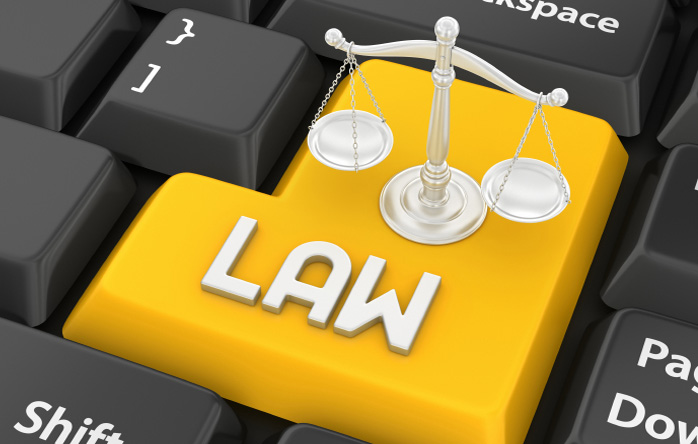Unlocking Memories – Cognitive Interviewing for lawyers and investigative interviewers
How we can help you with specialised interviewing skills for your litigators
Obtaining full and accurate evidence from a witness, often a considerable time after the event, is challenging for lawyers.
Your lawyers need to comply with CPR-PD57AC, avoid leading questions and sign to confirm compliance.
Witnesses may not recall precisely the sequence in which events occurred or they may not recall vital detail. Cognitive interviewing uses questioning techniques that enable the witness to recall events and bring back to mind vital points.
Cognitive interviewing will help every lawyer who sits down with a client or witness to ask them to remember an event in detail because it increases the completeness and accuracy of what witnesses can remember at first interview.
Whether you need background information, factual detail for witness statements or are proofing statements, it means you can prepare cases and take statements based on the full facts from witnesses.

What is cognitive interviewing?
Cognitive interviewing is one of the most exciting developments in psychology in the last fifteen years. It is a forensic tool that uses a series of memory retrieval techniques designed to increase the amount of information that can be obtained from a witness.
It works by using key scientific principles of how people best recall information, so that you can help them have a proper, hard think about what really happened.
This structured technique creates the maximum opportunity for clients and witnesses to remember exactly what happened. It is much more effective than simply asking the witness questions because traditional interviewers typically interrupt the witness and do not allow all the information to emerge
Business benefits of Cognitive Interviewing
Cognitive interviewing will help you to:
By using the cognitive approach you will increase the completeness and accuracy of what clients and witnesses can remember. It will enable you to prepare cases and take statements based on full facts from clients and witnesses.
It will assist clients and witnesses to recall an event or incident correctly, without leading or prompting. It will enable you to gather detailed factual information clearly and quickly, even if the event happened many months or years ago
Foreword to ‘Unlocking Memories – Cognitive Interviewing for Lawyers’ by Geoff Coughlin
By Peter Watkin Jones, Partner Eversheds
“It is one thing to understand that something works; it is an entirely separate matter to work out why.
I had discovered that special interviewing techniques were needed when I embarked on investigating allegations of abuse in children’s homes in Wales for a broadcaster client in the mid 1990’s. As a seasoned commercial litigator, the usual question and answer technique was unlikely to encourage damaged children to tell me about their terrible experiences of being abused whilst in care, in some cases a long time before.
Through experience, I found that there was a better way of encouraging the witnesses to talk, and to give their evidence in a way that was satisfactory to them. This meant that I would often have to meet with prospective witnesses in locations of their choosing, and spend a lot of time listening (not a customary skill of a litigator), and responding. Trust was built slowly. Interviews could be lengthy, and would be dictated by the witness’ pace. But the outcome could often be stunning, with evidence of a quality and reliability that I had not predicted at the outset.
When my team and I were appointed as Solicitors to the Bloody Sunday Inquiry in 1998 to investigate traumatic events that occurred in 1972, and where a public inquiry at the time had failed to engender public confidence, I was clear that every member of my team would need to be skilled in the art of cognitive interviewing- a technique of which I had experience in practice, but without a deeper understanding of the philosophies and concepts that underpinned the process.
It was at that stage that with the assistance of the authors of this book, I sought out a more vigorous analysis of the reasons for the success of the techniques, and ensured that all team members used them, to ensure uniformity of approach. They were trained accordingly. The result was the conduct of over 2000 interviews using a consistent approach to obtain a consistent body of quality evidence. Lawyers for many of those who gave evidence openly stated that the evidence was of a very high quality, and that the methodology- inherently inquisitorial in its nature- had proved particularly suitable to engender confidence in the process and to dispel pre-existing scepticism.
The benefits have endured and my team still adheres to this methodology in public inquiry work up until the present time.
I therefore commend the techniques that are described in the pages that follow to practitioners in the field who I am sure will find the analysis and direction as useful as it is interesting.”

